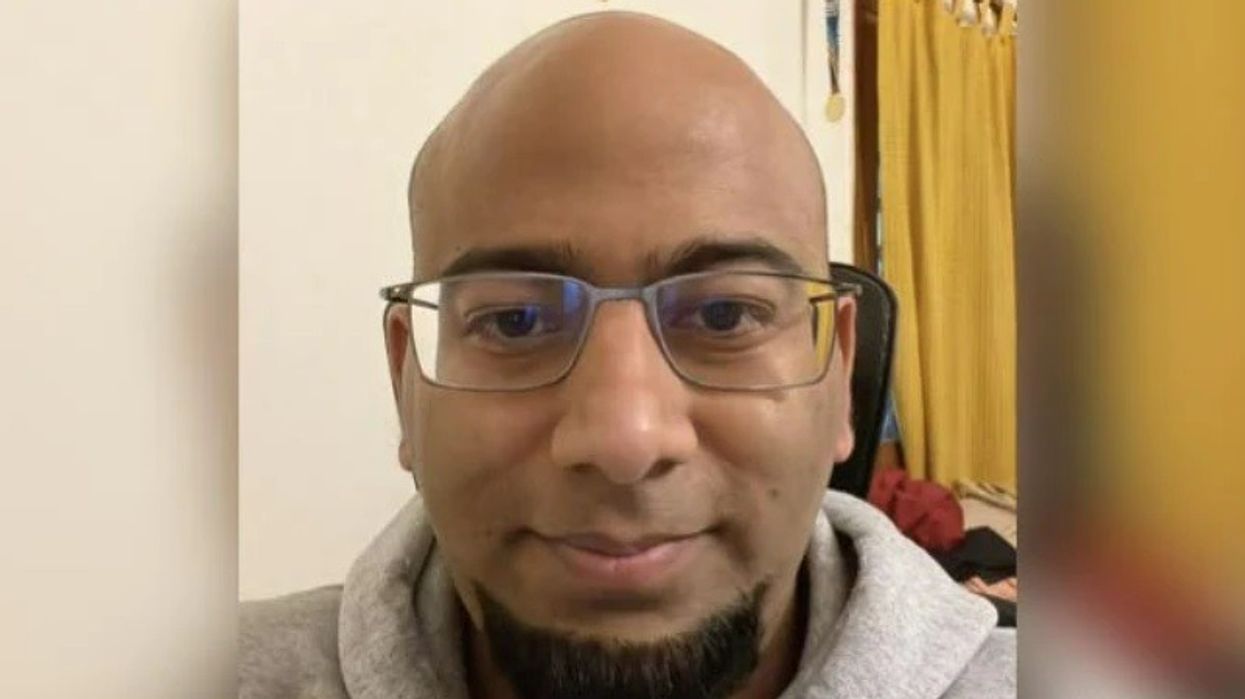The boss of an Indian personal care solutions firm has been criticised for suggesting that young people should work for 18 hours a day.
Shantanu Deshpande, the CEO of Bombay Shaving Company, claimed in a LinkedIn post that young professionals were under the wrong impression that work-life balance was necessary. According to him, youngsters should “worship” their work in the early stages of their careers.
“When you are 22 and new in your job, throw yourself into it. Eat well and stay fit, but put in the 18 hour days for at least 4-5 years”, he said in the post on Tuesday.
“I see a LOT of youngsters who watch random content all over and convince themselves that 'work life balance, spending time with family, rejuvenation bla bla' is important”, Deshpande wrote, adding “it is, but not that early.”
He went on: “That early, worship your work. Whatever it is. The flex you build in the first 5 years of your career carries you for the rest of it.”
“Don't do random rona-dhona (cribbing). Take it on the chin and be relentless. You will be way better for it”, Deshpande said.
As angry reactions poured on social media platforms, Deshpande added a caveat to his post.
He wrote with a laughing emoji: “Edit - Yikes. So much hate for 18 hour days. it's a proxy for 'giving your all and then some'.
“Edit 2 - for those wondering about culture at bsc, feel free to come any time or talk to any of our people.”
Deshpande’s post, perceived as a promotion of a "toxic work culture" comes amid calls for stricter implementation of India’s strong labour laws.
As his name trended on Twitter, a user, Abhishek Kumar, said, “According to WHO ... working more than 8 hours is extremely unhealthy. But this guy doesn't care about their employees...what he wants is just money. Freshers are young, motivated and full of energy and such guys want to take everything from them.”
Vasha Vijay said, “Such CEOs and startups are the reason young talent is leaving India in search of better work life balance.What a shame! Shantanu Deshpande of @BombayShavingCo is endorsing a toxic work culture. This is nothing but workforce exploitation.”
On Wednesday, Deshpande came up with what he called “my last post on Linkedin” and apologised.
“To those who were hurt by my post - apologies for the same. I recognise the need for nuance and context…,” he said.
According to a BBC report, Infosys co-founder Narayana Murthy also faced criticism in 2020 after suggesting that Indians work for at least 64 hours a week for two to three years to compensate for the economic slowdown caused by the pandemic lockdown.
Indian CEO apologises after saying young professionals should work 18 hours a day
‘Eat well and stay fit, but put in the 18-hour days for at least 4-5 years,' Bombay Shaving Company boss Shantanu Deshpande said on social media.













